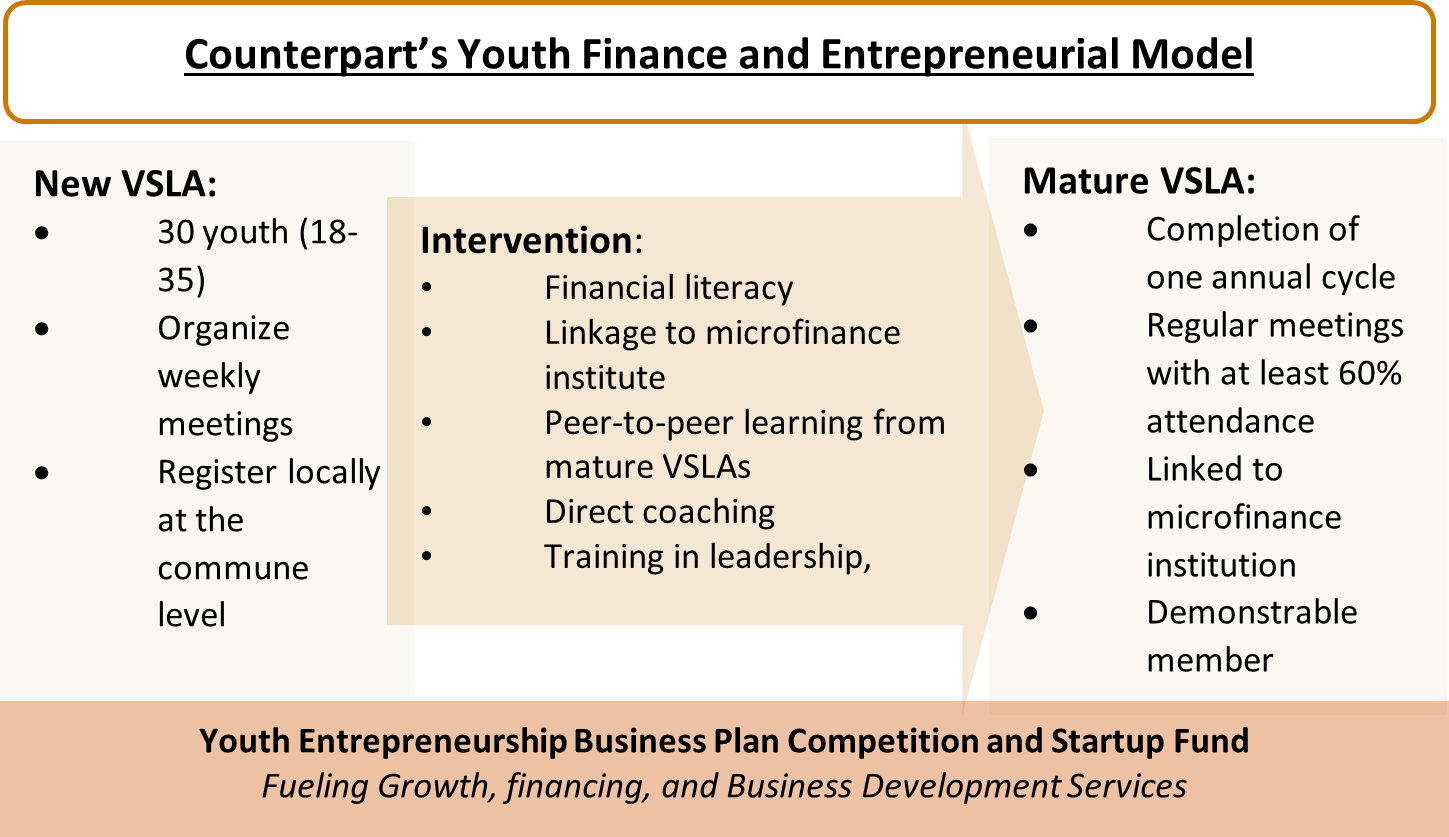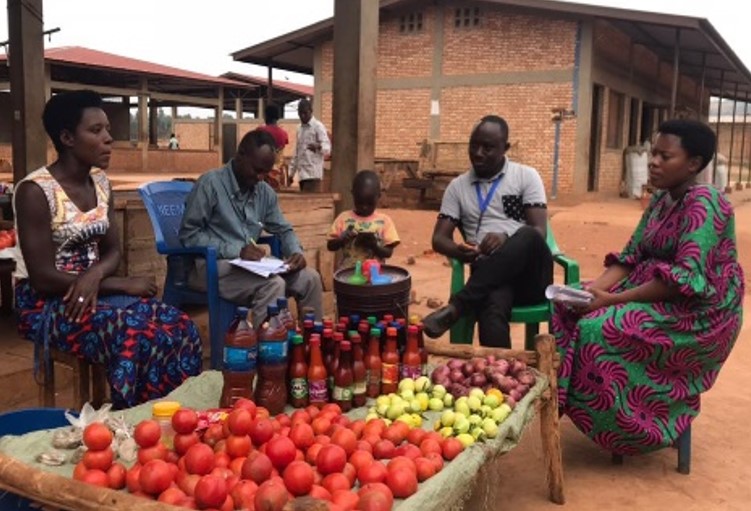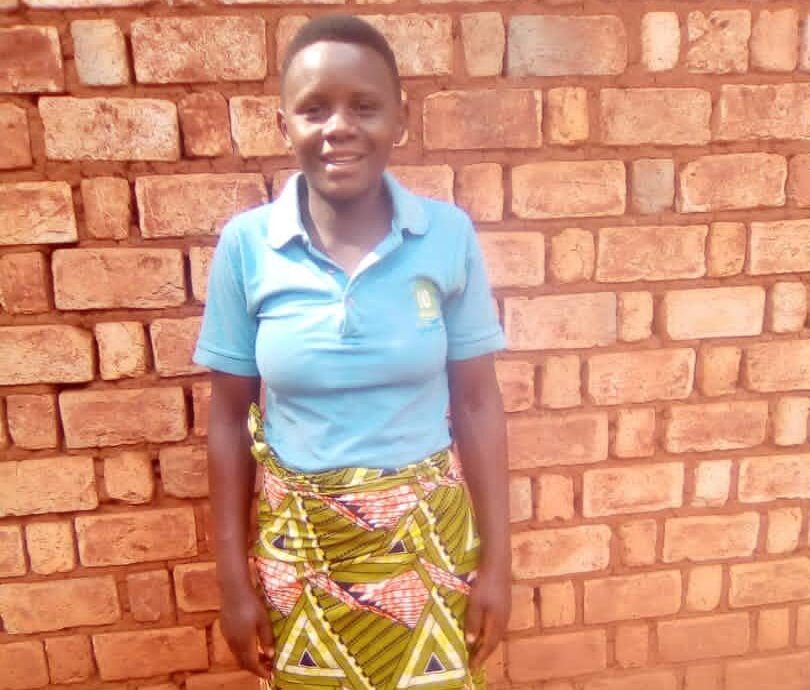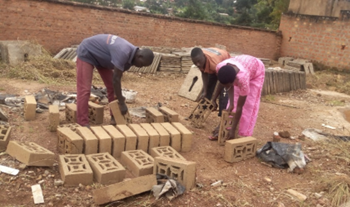Burundi, one of the world’s poorest nations, is still recovering from generations of ethnic conflict and a civil war, with nearly 70 percent of the population living below the international poverty line. Despite the difficult political and economic situation, the peaceful transition of power in June 2020 has led to a period of relative stability. However, youth – who make up two-thirds of Burundi’s population – have limited economic opportunities and are vulnerable to political violence. Therefore, Counterpart engages youth and women in peacebuilding through access to finance, entrepreneurship, and market-based programming, which enables youth to become key agents in the country’s development and contribute to building a more peaceful and stable future.

Counterpart pioneered a conflict-sensitive model that has created transformative opportunities for rural youth in four provinces. The conflict-sensitive model takes into account factors relating to the conflict setting to avoid aggravating the conflict, and acts in a way that supports its resolution. Building on USAID’s Positive Youth Development framework, the Counterpart model provides youth aged 18-35 assets (skills and finances), supports their meaningful participation in local governance and peacebuilding, and creates an enabling environment of civic participation and economic development while reducing violence across communities.
Diverse Youth Savings and Finance Groups
Counterpart’s Youth Finance and Entrepreneurial Model begins by organizing unemployed or underemployed youth from diverse social and ethnic backgrounds and different political allegiances into village saving and loan associations, offering youth a common cause they can work on together despite their real or perceived differences. Since 2020, the team has formed over 60 inclusive village saving and loan associations that have pooled savings worth $55,000 and issued loans worth $70,000. This has helped address both unemployment and poverty – two leading drivers of conflict among Burundi youth.
Integrated Youth-Based Programming
As part of this model, the Turi Kumwe team provides dedicated coaches to support the management and growth of the village saving and loan associations, as well as to issue informal loans. Youth have been using loans from the associations to expand and invest in income-generating activities, such as agriculture, livestock, mobile money transfer, and local transport solutions.
What makes Counterpart’s Youth Finance and Entrepreneurial Model unique is the non-traditional programming that has been integrated into the village saving and loan associations platforms, leading them to become dynamic engines of opportunities within rural communities.
Counterpart trained nearly 2,000 youth in a range of soft and hard skills. The trainings contributed to the knowledge, skills, and confidence of vulnerable youth in financial literacy, community engagement and networking, leadership, conflict resolution, gender equality and positive masculinity, business plan development and small business management.
Evaluations of both Counterpart’s Turi Kumwe and Youth for Peacebuilding in Burundi II projects found that there was a 38 percent increase in employment among participants, and 95 percent of respondents stated that the model has enabled them to undertake an income generating activity and contributed to the diversification of their income. Before Youth for Peacebuilding, 21 percent of respondents reported earning a monthly income of 50,000 Burundi Franc (less than $25), with no one reporting a monthly income of over 100,000 Burundi Franc. Following the programming, 61 percent of participants earned at least 50,000 Burundi Franc and 34 percent reported earning over 100,000 Burundi Franc.

Quelida Ndihokubwayo, a 27-year-old woman from Kinyinya, had no interest in business despite joining a Turi Kumwe village saving and loan associations. After witnessing her women neighbors benefiting from various income-generating activities, she participated in some group activities and eventually received a small loan to start a profitable bean enterprise. She is now able to pay for some household needs and is no longer financially dependent on her husband. “As a woman, I used to not speak in public. With the training we received, such as leadership and gender equality, and through participation in our savings groups, I slowly got used to it. Now I can talk with others and even express my opinion,” said Ndihokubwayo, who now views the future with optimism.
The project succeeded in creating spaces where community members felt safe expressing their ideas. The final evaluation noted a 70 percent improvement in youth’s attitudes towards gender equality and 97 percent of respondents agreed that the project has contributed to strengthening social cohesion and reconciliation. A young man who is a member of a Turi Kumwe village saving and loan association explained that he used to hate members from the main opposition party and was sometimes violent towards them. After participating in the conflict resolution and inclusive leadership training, he now socializes with youth from opposition parties and is working on a project with a youth supporter from the opposition after being selected for funding during the business plan competition.
With this model, Burundi’s youth have not only increased their incomes, but demonstrated their critical contribution to strengthening the social cohesion and economic development of their communities. The youth have taken advantage of opportunities to build sustainable livelihoods and positively engage within their communities, forging a more prosperous future for Burundi.




